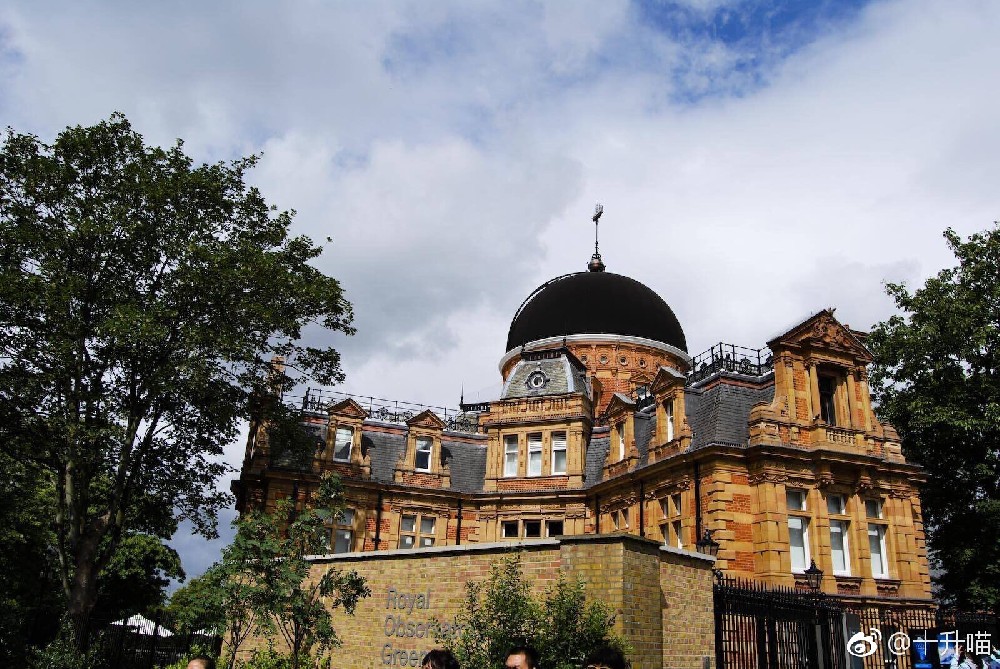C4.14 British Summer Time / Greenwich Mean Time¶
What Are British Summer Time (BST) and Greenwich Mean Time (GMT)?
The time in the UK is different from China’s Beijing Time. China uses a single time zone—Beijing Time—24 hours a day. The UK, however, uses two time zones: Summer Time (BST) and Winter Time (GMT).
When the UK is on Summer Time, there is a 7-hour time difference with China. When it is on Winter Time, the time difference with China increases to 8 hours.
What Are Summer Time and Winter Time?
To resolve confusion over time, the International Meridian Conference was held in Washington D.C. in 1884. It established that the world would be divided into 24 time zones (12 in the Eastern Hemisphere and 12 in the Western Hemisphere). The UK’s Royal Observatory Greenwich—located in Greenwich Park, London—was designated as the Prime Meridian (0° longitude, or "Zero Time Zone"). The remaining time zones are labeled Eastern 1 to 12 and Western 1 to 12. Global time is standardized based on the Royal Observatory Greenwich, known as Greenwich Mean Time (GMT).
Each time zone spans 15 degrees of longitude, corresponding to 1 hour. The final Eastern 12th and Western 12th time zones each span 7.5 degrees of longitude, bounded by the 180° East and 180° West meridians. The time on the central meridian of each time zone is the standard time used uniformly within that zone, called "zone time." Adjacent time zones differ by 1 hour.
For example, China (Eastern 8th Time Zone) is 1 hour behind neighboring Japan (Eastern 9th Time Zone). When it is 3:00 PM in Beijing, it is 4:00 PM in Japan. Conversely, China is 1 hour ahead of neighboring Thailand (Eastern 7th Time Zone). When it is 3:00 PM in Beijing, it is 2:00 PM in Thailand.
Since China is in the Eastern 8th Time Zone, the standard time difference between the UK and China is 8 hours. For instance, when it is 3:00 PM on January 1st in China, it is 7:00 AM on January 1st in the UK.
Due to longer daylight hours in the UK’s summer and shorter daylight hours in winter, the UK adjusts its standard Zero Time Zone by 1 hour forward in summer. This shifts the time zone from 0 to -1, reducing the time difference with China to 7 hours. For example, when it is 3:00 PM on January 1st in China, it is 8:00 AM on January 1st in the UK. This adjusted time is British Summer Time (BST). The original standard Zero Time Zone is known as Winter Time (GMT).
Why Does the UK Adjust Its Time?
The main reasons for the time adjustment are energy conservation and environmental protection. It also encourages people to go to bed and wake up earlier, avoiding waste of daylight hours. Hence, Summer Time is officially called Daylight Saving Time (DST)—literally "saving daylight hours."
In the UK’s summer, it still looks like 5:00 PM to 6:00 PM (China time) at 8:00 PM to 9:00 PM local time. In contrast, during the UK’s winter, the sky darkens as early as 4:00 PM, like midnight.
Beyond the UK, countries and regions including the United States, Australia, Canada, New Zealand, and most European nations also observe Daylight Saving Time.

Implementation Period of British Summer Time (BST)
British Summer Time starts on the last Sunday of March each year and ends on the last Sunday of October. The last Sunday of October marks the start of Winter Time (GMT). Except for analog watches that do not adjust automatically, internet-connected electronic devices such as mobile phones and computers will update the time automatically. Therefore, you should pay attention to the time change on the Sundays between late March and late October each year to avoid being late for classes.
For 2019: Summer Time ran from March 31 to October 26, and Winter Time began on October 27.
For 2020: Summer Time ran from March 29 to October 24, and Winter Time began on October 25.
For other years, you can check the calendar for specific dates.
China Once Observed Daylight Saving Time
China implemented Daylight Saving Time for 6 years, from 1986 to 1991. However, it was only applied in the Northeast and North China regions. The period was from 2:00 AM on the first Sunday of mid-April to 2:00 AM on the first Sunday of mid-September each year. China’s Daylight Saving Time involved advancing the clock by 1 hour. The practice was discontinued after April 5, 1992.
Specific Periods of China’s 6-Year Daylight Saving Time Implementation
1986: April 13 – September 14
1987: April 12 – September 13
1988: April 10 – September 11
1989: April 16 – September 17
1990: April 15 – September 16
1991: April 14 – September 15
For individuals born in the Northeast or North China regions during the above Daylight Saving Time periods, their actual birth time should be adjusted 1 hour backward. For example, if someone was recorded as being born at 2:00 PM on June 1, 1990 (during Daylight Saving Time), their actual birth time is 1:00 PM on June 1, 1990.